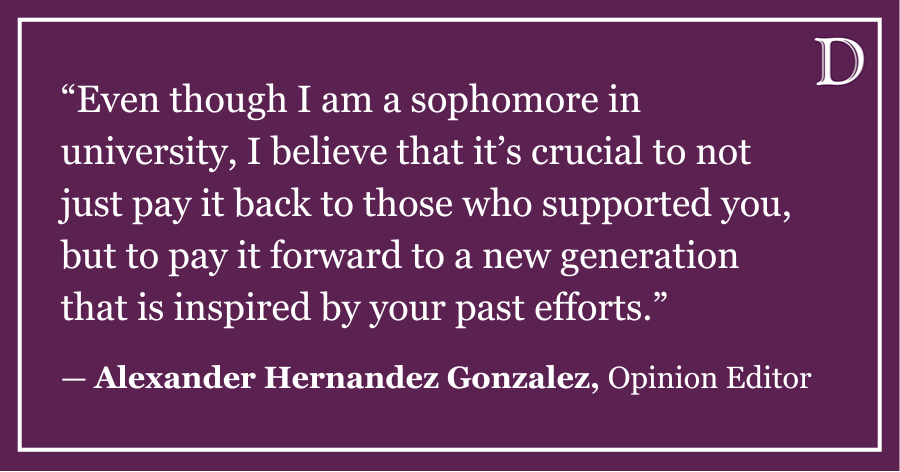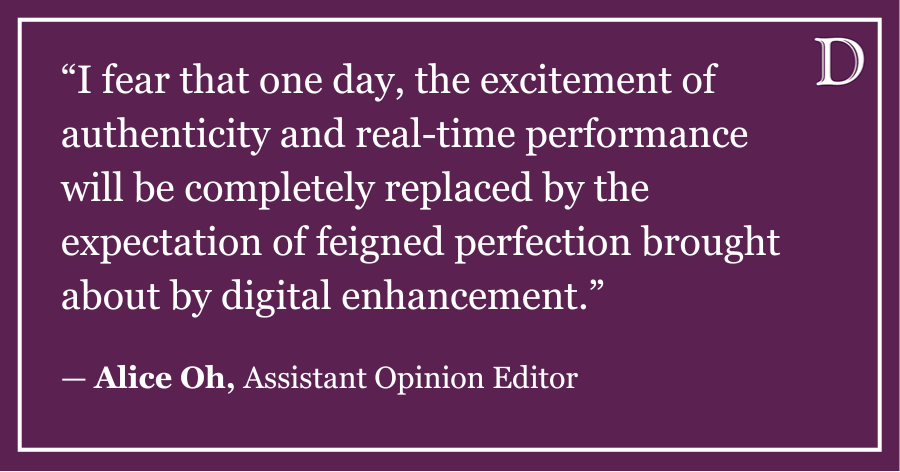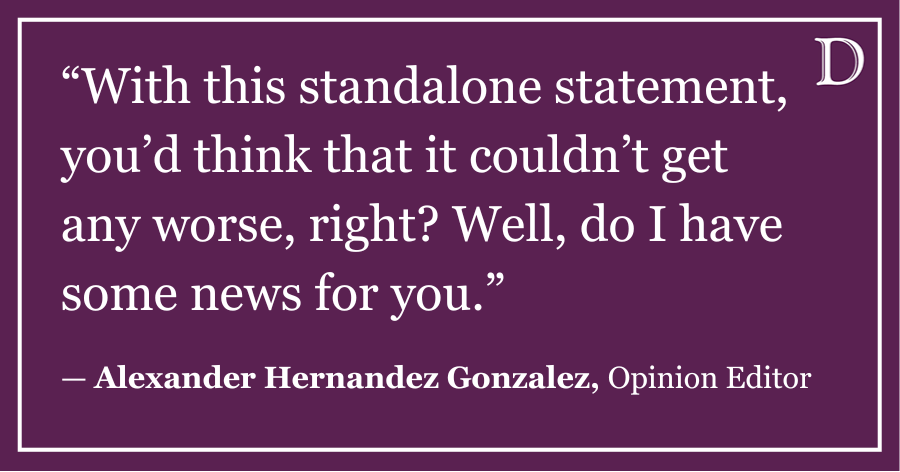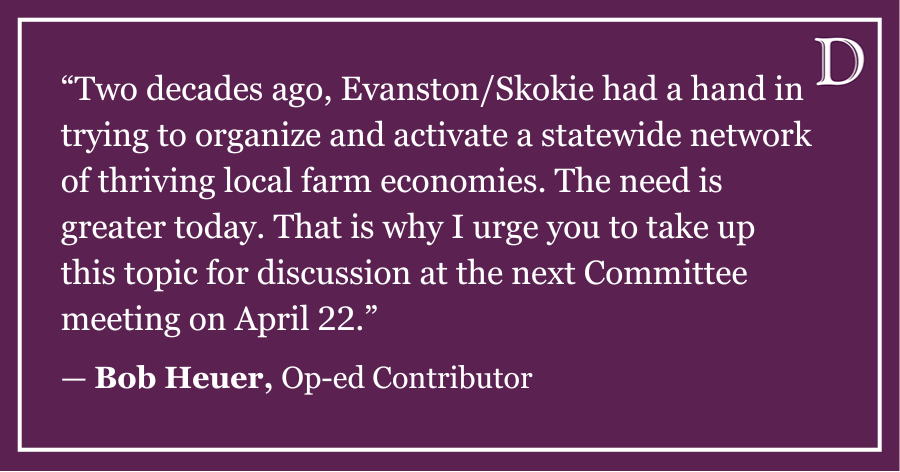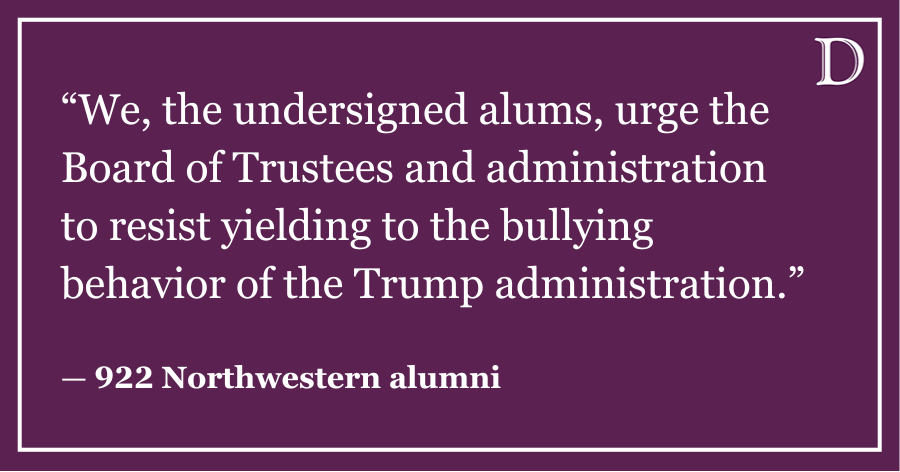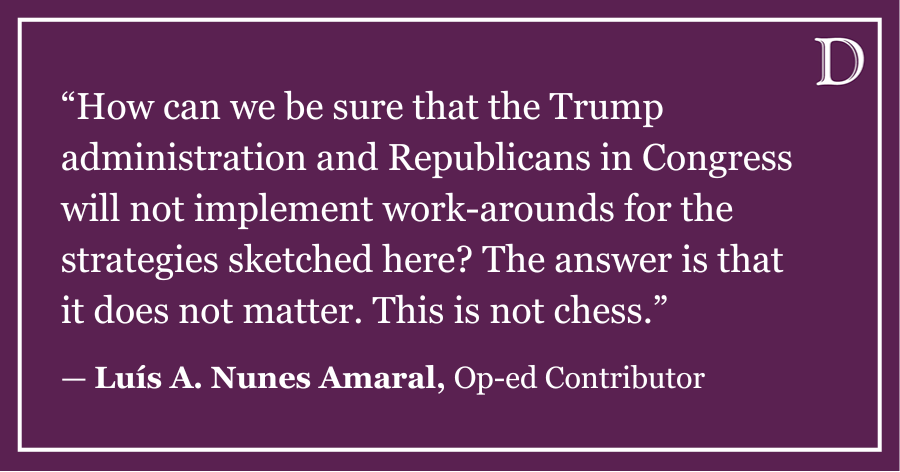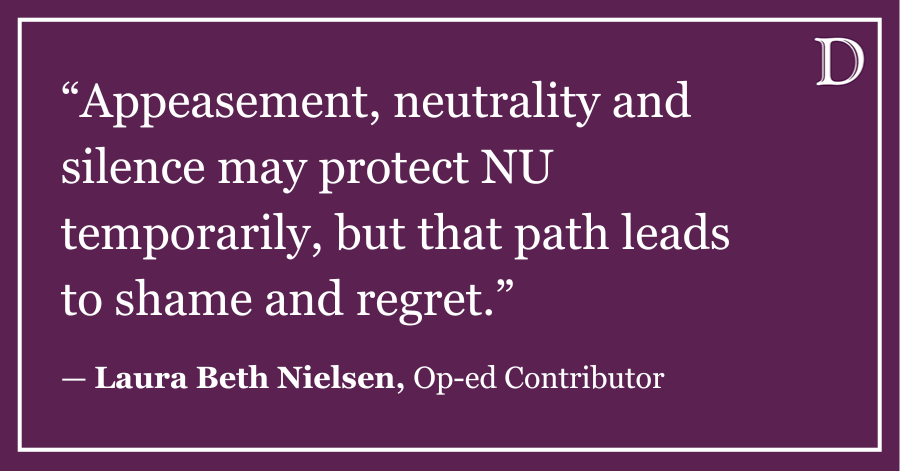Leonardo DiCaprio can add another accomplishment to his successful career: starring in a movie that holds the record for the greatest number of uses of the word “f–k” in a non-documentary film.
At 506 times overall and 2.83 times per minute, “The Wolf of Wall Street” takes the record for dropping the F-bomb.
However, the attention surrounding the film and its explicit content should draw attention to the flaws in our country’s film rating system. The Motion Picture Association of America’s rating system shields young people from relatively innocuous content while leaving more damaging content easily accessible.
The MPAA’s Classification and Rating Administration, which is made up of a group of parents, is designed to provide ratings that inform parents about the appropriateness of films for children and teenagers. However, CARA’s standards result in ratings that shield young people from the wrong content.
American film ratings are unnecessarily restrictive on sexuality in comparison to violence. “Sexually oriented nudity” generally results in an R rating, as does “intense or persistent violence.” However, sexuality is treated more harshly than violence by the MPAA in practice. American movies in general contain far more violence but far less sexuality and nudity than movies in other parts of the world, such as Europe. What is really more damaging for a 13-year-old to see: a person without clothes on or a violent murder? Gun violence in PG-13 movies has tripled since 1985. In the 2007 film “Beowulf,” there is even a scene in which the protagonist severs his own arm in order to reach inside a dragon and pull out its heart.
Additionally, the MPAA has long been accused of holding a double standard for homosexual behavior and heterosexual behavior depicted in film. The comedy film “G.B.F.” – which is about a teenage girl and her gay best friend – was given an R rating for “sexual references” despite having no nudity, violence or even an F-bomb. Limiting the depictions of same-sex behavior in films more than heterosexual behavior furthers the stigmatization of homosexuality.
CARA’s extreme response to language in films unnecessarily limits what young teens can easily access. According to the MPAA rating guidelines, multiple uses of “the harsher sexually-derived words” or a single use of one of these words in a sexual context will usually result in an R rating. Do we really think that in the age of Internet most 13-year-olds don’t know words like these and what they mean? That a movie could receive an R rating for using the F-word in a sexual context one time – when the rest of its material is innocuous – is outrageous. This rating system leaves both “The Wolf of Wall Street” with its 506 uses of the F-word, strong sexual content and drug use in the same rating category as a movie that uses the F-word to refer to sex once.
The documentary film “Bully,” about teenage victims of bullying, was initially R-rated for its six uses of the F-word. After controversy erupted over the fact that the rating would keep the film from reaching its target demographic of young teens, the filmmakers edited their work and received a PG-13 rating. The CARA ratings system clearly missed that the documentary proves this language is common in the demographic they were trying to keep from seeing this film.
Even in the age of the internet, there must be some regulation of what children and teens can see in a movie theater. However, these guidelines should be befitting of the world of 2014, where depictions of violence are limited appropriately, where sex is treated the same way regardless of who’s having it and where harsh language is not considered the worst offense a film can commit.
Matt Gates is a Weinberg freshman. He can be reached at matthewgates2017@u.northwestern.edu. If you want to respond publicly to this column, send a Letter to the Editor to opinion@dailynorthwestern.com.



